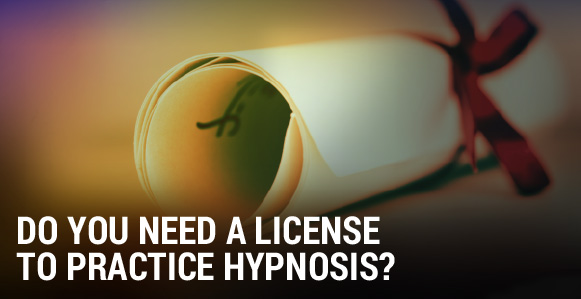
When is hypnosis a dangerous weapon?
When it’s used for the wrong reasons.
When it’s practiced by someone with no qualifications.
When it’s employed out of context, or without the subject’s consent.
Like any other skill, hypnosis comes with its own responsibilities.
It has the power to bypass your conscious mind and get at your unconscious. From there, suggestions make it possible to achieve amazing things.
To wipe away limitations.
To break unhealthy habits.
To get motivated, inspired, or organized.
To boost your confidence, raise your self-esteem, manage your stress levels, and help change aspects of your behavior for the better.
Under the right conditions, it’s capable of doing all of these things. Provided it’s used ethically, correctly, and by a certified practitioner.
Why is that the case?
That’s a really easy question to answer.
Just think of the range of individuals who might visit a hypnotherapist. Each of them has their own issues, their own history, their own medical background, their own goals, their own aspirations, and their own motivation for seeking help.
Before they can be hypnotized, you need to find out about ALL of these things. After all, they’re real people with real problems; they’re not guinea pigs.
They deserve all the time, respect, and dignity you can give them.
And if you think there’s a chance that you can’t help them, you should simply say so, straight out. Advise them, or refer them on to get help from another professional who can provide the kind of treatment or therapy they need.
That’s one of the things any professional hypnotherapist should automatically do.
One who’s been certified by a professional body.
One who follows a strict code of conduct as set down by the authorities.
Because if you practice hypnosis without these things, you’re totally asking for trouble.
International Laws Regarding The Practice Of Hypnosis
The truth is that getting qualified as a hypnotist is easy.You can simply sign up and take a course online.
You can even start practicing hypnotherapy as soon as you want to.
There are very few restrictions on your ability to work as a hypnotist anywhere in the world. In many places, such as Australia, hypnotherapy is a self-regulating profession.
In other places, like Washington State, you have to register to become a hypnotherapist. But you don’t need to be certified. You simply fill in some paperwork and hand over some cash.
Once that’s done, you’re governed by the rules and regulations that apply to the operation of your business.
Same as any other business.
But they don’t know if you’re actually “trained” to do hypnosis.
Here’s a quick look at how hypnosis is regulated - or not, as the case may be – around the world.
Hypnosis Laws In The US
In America, hypnosis is an unregulated profession.You don’t need a license, you just need to meet certain criteria.
That criteria can vary from one state to another, so it’s down to you to find out what the rules are where you live.
The first state-licensed hypnotherapy center was the Hypnotism Training Institute of Los Angeles, licensed as long ago as 1976.
Read more to find more details and expert advise on legal hypnosis practices, from Hypnosis Training Academy
IMPORTANT NOTE: Much of the information contained in this article is available in the public domain. It doesn’t necessarily represent the views of the Hypnosis Training Academy, nor can we be held accountable for it. You should always research the requirements for your own country and ensure that you abide by its laws and regulations.

No comments:
Post a Comment